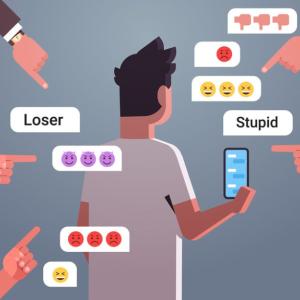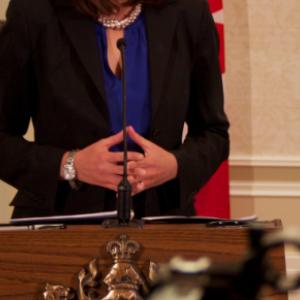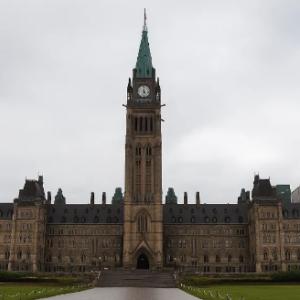The emotional and social fallout of Canada’s family doctor shortage
This is the second in a two-part article series, you can read part one here.
What my family and I will do after our doctor retires is uncertain, but navigating the healthcare system after becoming "unattached" is something many across the country are already experiencing.
I spoke to Kate Tucker, a graduate student in Applied Health Services Research at the University of New Brunswick, who shared early findings from her research on this issue. She conducted interviews with patients that have lost access to their family doctors to better understand the impacts this growing phenomenon is having on patients themselves.
Apart from the immediate loss of accessing routine and relatively minor services—like renewing or changing prescriptions, getting a sick note, or seeking answers to questions about their health—which must now be navigated in some other way, there are hidden consequences on health and wellbeing that aren’t always readily apparent.
One patient reported that the loss of their physician took a significant toll on their mental health, saying “it's more of the worrying about underlying conditions that you don't know you have, or conditions that you know you have [but] you're just not sure if they're getting worse or not.” Another patient agreed, “I don’t know what I don’t know. I don’t know if this thing that’s going on is something that should be paid attention to. [...] There’s a certain amount of anxiety associated with all of this that I wouldn’t have if I had access to primary care.”
Moving beyond the physical and mental health impacts that come with becoming an unattached patient, I’d like to bring attention to something that isn’t often talked about: the moral injuries that result from the loss of identity which stems from the steady dismantling of our once idealized Canadian healthcare system, which itself is tied up in Canadians’ national identity.
I was heartbroken to read of one particular patient’s testimonial, where it seemed like they felt like a stranger in their own community, because when they lost access to their primary care provider, it was an isolating moment: “It’s like there's nobody who really has a pulse on who I am. I don't even exist. I'm a nobody.” This patient was not alone in sharing this kind of experience in Tucker’s research, and one person described this isolation as “[an] uncomfortable feeling that you have because you don't have anybody. And when you're alone, you can't even talk to anybody. And that's even worse.”
Now, imagine if you were left on your own to navigate the healthcare system after years of receiving regular care. You no longer have access to a provider that knows you and your medical history, which increases your risk of mis-diagnoses and missed diagnoses, because it is highly likely that each time you try to access care through a walk-in clinic (if you make it in time before they stop accepting patients for the day), it’ll be someone new assessing you.
To receive proper care, the onus then falls on the patient to self-advocate, recounting the right things in the right ways with the right questions, which in itself is a major contributor to health inequities. Another of Tucker’s interviewees stated, “I have to go with knowledge, because they don't know me, so I have to be knowing what questions that I want to ask and should ask” said a patient.
All of these are examples of moral injuries that slowly chip away at our trust in our healthcare system, a trust which is necessary for quality healthcare to happen. Ultimately, the escalating crisis in health human resources, compounded by inadequate policy responses, has betrayed the public's trust of, and expectations for our healthcare system.
Originally enshrined in the values of universality and compassion, Canadian healthcare has long been a source of national pride, woven into the fabric of what it means to live in this country. However, compounding afflictions, which go beyond physical and mental, have arisen from witnessing and experiencing the slow degradation of a system we once revered. It is a profound loss that shakes the foundation of our shared cultural narrative and national identity, and I hope that our leaders can work together with patients to stop the bleeding and finally heal healthcare.
Author’s note: quotes in the article have been edited for clarity and length.
For part one of this two-part series, click here.
Maxime Lê is founder and principal of Lê & Co. Health Communication Santé, a bilingual health communications firm. He is a patient partner with The Ottawa Hospital and Ottawa Hospital Research Institute, serves on the Board of Directors of the Patient Advisors Network and co-chairs the Ontario Health East Patient and Family Advisory Council.









